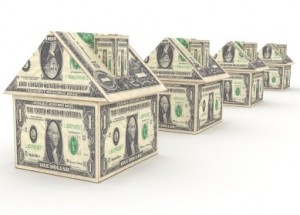 Affordable housing is now within reach for thousands of very low-income senior citizens and people with disabilities. The U.S. Department of Housing and Urban Development (HUD) announced Wednesday it will grant more than $749 million to housing assistance programs across the country.
Affordable housing is now within reach for thousands of very low-income senior citizens and people with disabilities. The U.S. Department of Housing and Urban Development (HUD) announced Wednesday it will grant more than $749 million to housing assistance programs across the country.
The funds, awarded under the recently reformed Sections 202 and 811 Supportive Housing programs, will go directly to nonprofit organizations “to produce accessible housing, offer rental assistance, and facilitate supportive services for the elderly and persons with disabilities,” according to a statement released Wednesday by HUD.
Construction or major rehabilitation is in the works for more than 170 housing developments in 42 states and Puerto Rico. At its completion, HUD expects more than 4,800 elderly and disabled people will be affordably housed with access to necessary services.
“The Obama Administration is committed to helping our senior citizens and persons with disabilities find a decent, affordable place to live that is close to needed healthcare services and transportation,” said HUD secretary Shaun Donovan. “Recent bipartisan changes to these two supportive housing programs will allow us to better serve some of our more vulnerable populations who would otherwise be struggling to find a safe and decent home of their own.”
Ten Illinois nonprofits, four of which are located in Chicago, will receive more than $47 million to build 283 units for seniors and the disabled, “with the added benefit of creating jobs to help the local economy,” said HUD’s Midwest regional administrator Antonio R. Riley.
HUD backs nonprofits in two ways: capital advances, which cover the cost of developing, acquiring or rehabilitating a development, and project rental assistance contracts, which cover the difference between what residents can contribute toward rent and the actual cost of project operations.
To qualify for assistance, residents must have household incomes that are less than 50 percent of the median for their area. However, most households that receive assistance earn less than 30 percent of the median for their area. Generally, this means that a one-person household will have an annual income of about $13,500.